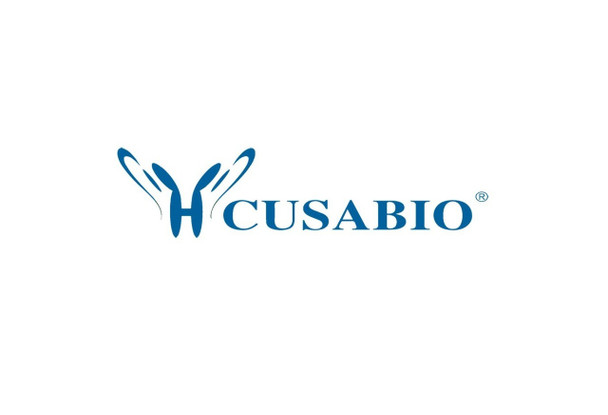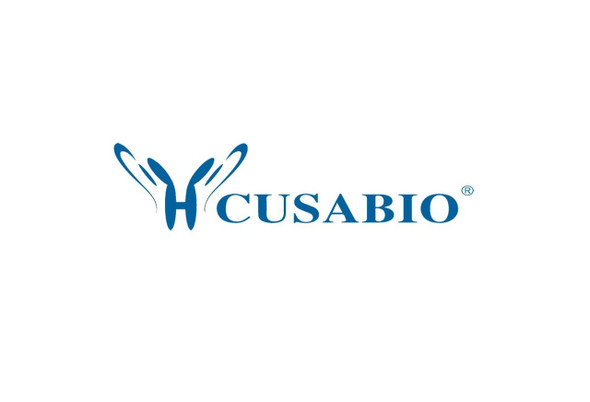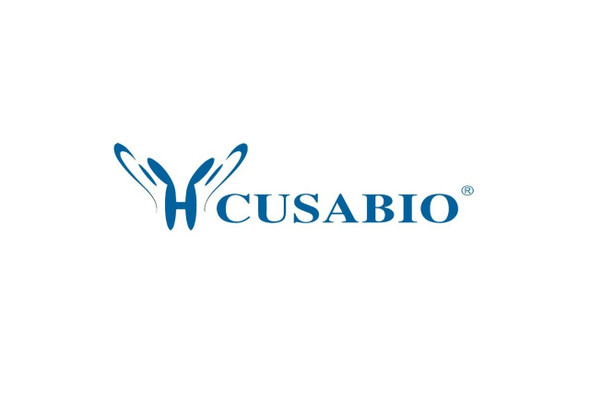Cusabio Polyclonal Antibodies
FABP6 Antibody | CSB-PA007955ESR2HU
- SKU:
- CSB-PA007955ESR2HU
- Availability:
- 3 to 7 Working Days
Description
FABP6 Antibody | CSB-PA007955ESR2HU | Cusabio
FABP6 Antibody is Available at Gentaur Genprice with the fastest delivery.
Online Order Payment is possible or send quotation to info@gentaur.com.
Product Type: Polyclonal Antibody
Target Names: FABP6
Aliases: Gastrotropin (GT) (Fatty acid-binding protein 6) (Ileal lipid-binding protein) (ILBP) (Intestinal 15 kDa protein) (I-15P) (Intestinal bile acid-binding protein) (I-BABP), FABP6, ILBP ILLBP
Background: Ileal protein which stimulates gastric acid and pepsinogen secretion. Seems to be able to bind to bile salts and bilirubins. Isoform 2 is essential for the survival of colon cancer cells to bile acid-induced apoptosis.
Isotype: IgG
Conjugate: Non-conjugated
Clonality: Polyclonal
Uniport ID: P51161
Host Species: Rabbit
Species Reactivity: Human, Mouse, Rat
Immunogen: Recombinant Human Gastrotropin protein (1-128AA)
Immunogen Species: Human
Applications: ELISA, WB, IHC
Tested Applications: ELISA, WB, IHC; Recommended dilution: WB:1:500-1:5000, IHC:1:20-1:200
Purification Method: Antigen Affinity Purified
Dilution Ratio1: ELISA:1:2000-1:10000
Dilution Ratio2: WB:1:500-1:5000
Dilution Ratio3: IHC:1:20-1:200
Dilution Ratio4:
Dilution Ratio5:
Dilution Ratio6:
Buffer: PBS with 0.02% sodium azide, 50% glycerol, pH7.3.
Form: Liquid
Storage: Upon receipt, store at -20°C or -80°C. Avoid repeated freeze.
Initial Research Areas: Signal Transduction
Research Areas: Cancer;Cardiovascular;Metabolism;Signal transduction











